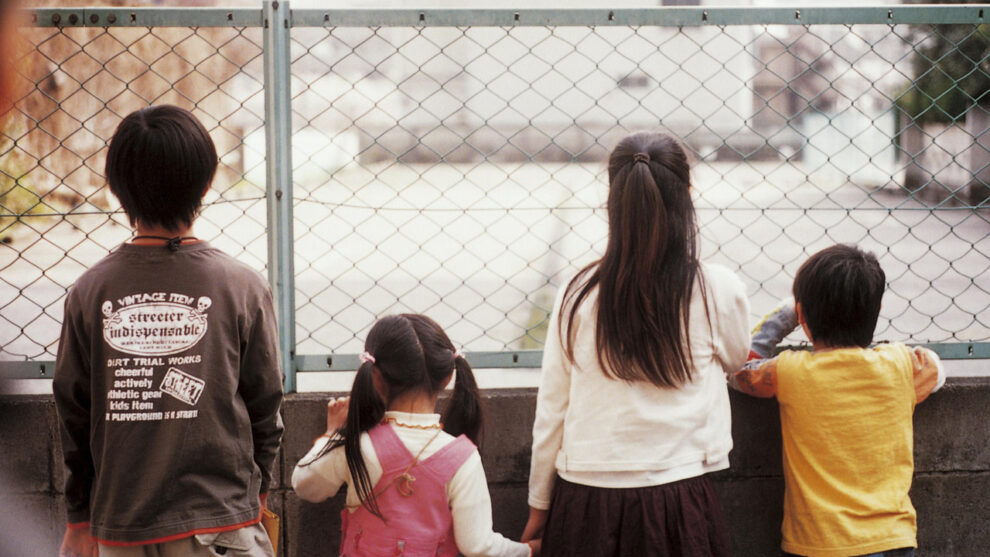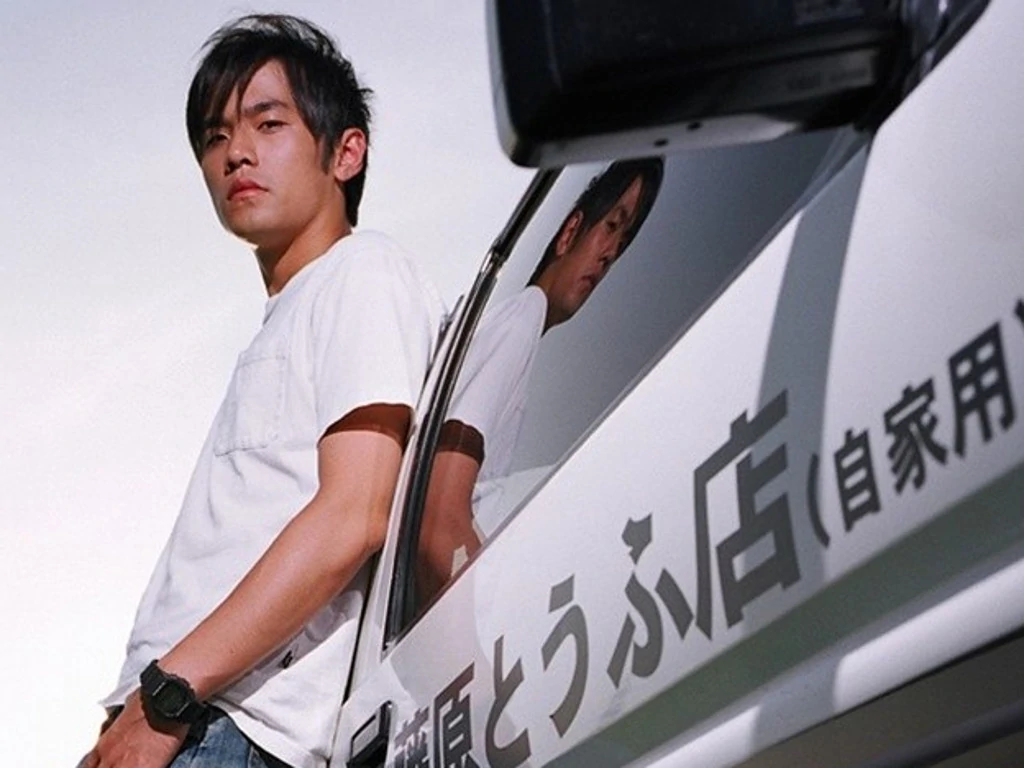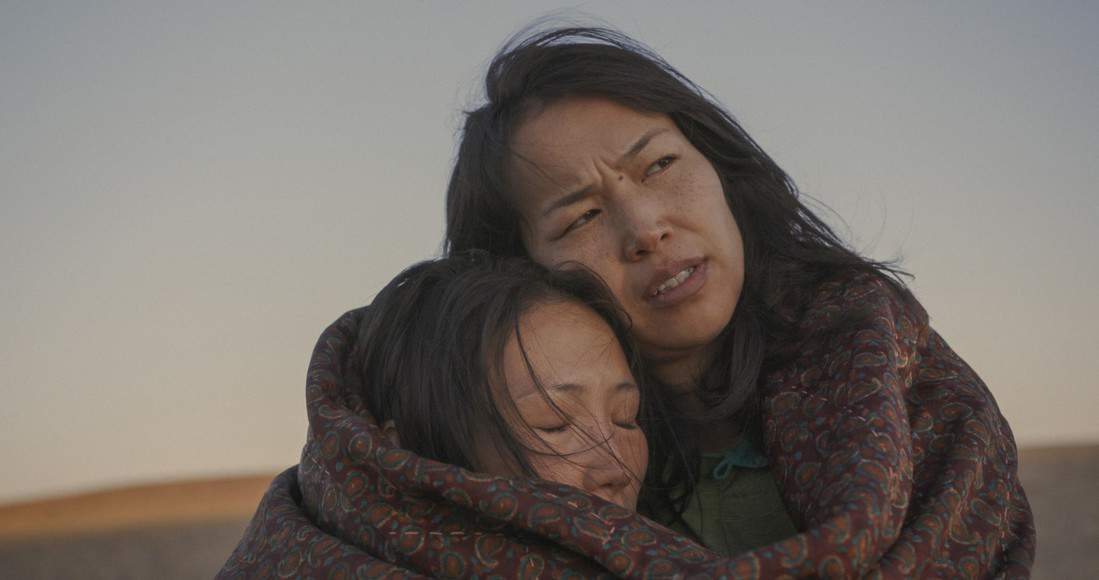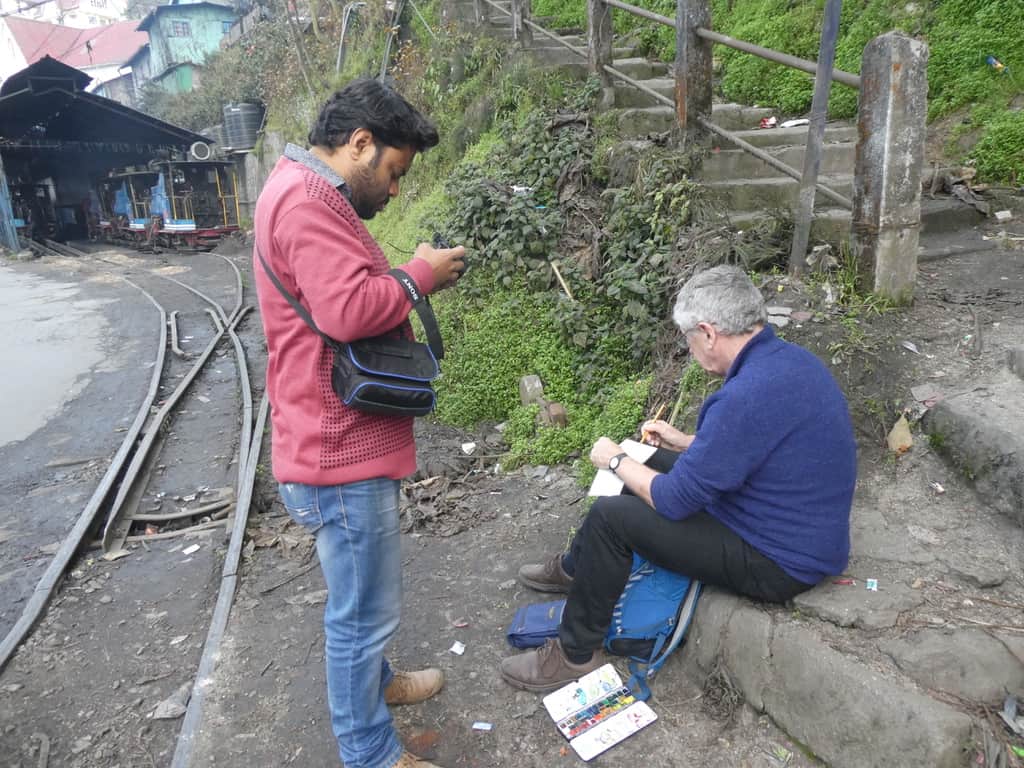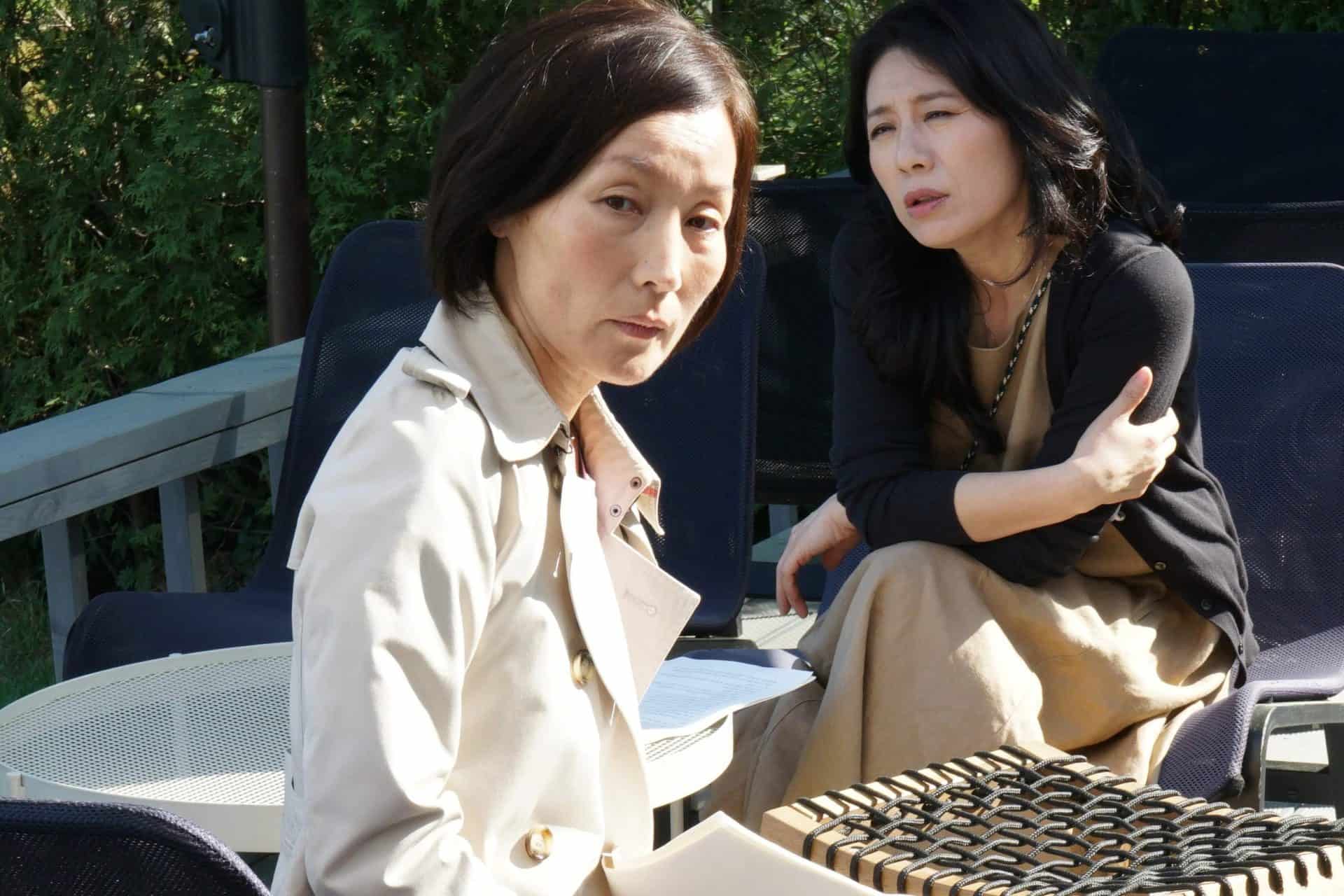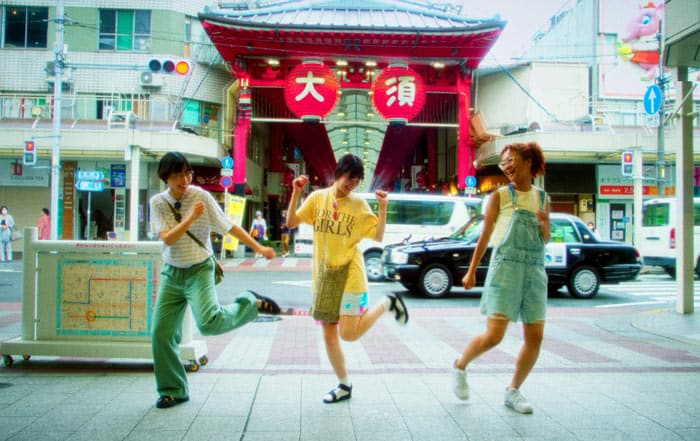The family/social drama has always been a staple within the Japanese film industry with directors such as Yasujiro Ozu or Kenji Mozoguchi having shaped it during the course of their career. At the same time, while delving into family issues, these directors have taken a lesson from early works within the cinematic landscape of their culture as well as Italien Neo-realism, adding “a slice of life” to their works. In the last couple of years perhaps no other director has influenced (and to certain extent perfected) this formula than Hirokazu Koreeda. His debut feature “Maborosi” already showed the family as a mirror image of a society caught in between tradition and progress, family values and individualism. With his fourth feature “Nobody Knows”, inspired by a true case, Koreeda would not only reach international fame, but also manifest his take on the aforementioned formula which many have copied (or tried to) over the years.
After having searched for some time, Keiko Fukushima (You) and her son Akira (Yuya Yagira) move into a new apartment in Tokyo. Unknown to the landlord, the luggage and boxes also contain Yuki and Shigeru (Momoko Shimizu and Hiei Kimura), Akira's siblings, who had to hide so Keiko would be able to rent the apartment. However, the family is still not complete, because Akira has to pick up Kyoko (Ayu Kitaura), his sister, from the train station, where she is already eagerly waiting to join the rest of her family. As soon as they are together, Keiko reminds them of the rules of their household, which means they have to stay indoors and not make too much noise, so as not to raise any suspicions from the neighbors. Only Akira is allowed to leave since he is responsible for important tasks such as buying groceries.
Throughout the first weeks, everything works out and the family falls into a routine. However, as Keiko often leaves her children to their own devices, Akira is put in charge of his brothers and sisters, with some money to take care of them. As their mother does not come home for quite some time, this task becomes quite challenging as the children are running out of money and the bills pile up next to the mailbox. With Keiko gone for months, it also becomes difficult to maintain order and to stay unnoticed.
In retrospect, “Nobody Knows” may be regarded as the quintessential feature by Koreeda, considering how well the aforementioned formula is executed in every aspect of the production. One of the strongest and most interesting concepts is the often troublesome encounter of the microcosm, in this case the family, with the outer world, as both seem to obey a different set of rules. Also thanks to Yutaka Yamasaki's cinematography, the apartment becomes a world of its own, a protective layer for the family. Originally conceived as a means to hide her other children and thus be able to keep this newfound home, Keiko's idea for the apartment becomes something different once the children realize their mother is probably not coming back or has stopped caring. The challenge and much of the dramaturgy of “Nobody Knows” revolves around the question whether this “safe space” can be broken or will be violated and, much later on, what sacrifices the characters are willing to take when it comes to protecting it and thus their family.
At the same time, the realism and impact of the story works due to the ensemble cast. While it is easy (and important) to emphasize Yuya Yagira as Akira as his character's development is possibly the toughest and most difficult task in comparison to the others, the other actors are equally noteworthy. Ayu Kitaura as Kyoko, who becomes something of a surrogate-mother once Keiko is gone, does a phenomenal job as a child in conflict with her passion for music and the obligation she has for her siblings, specifically cooking and washing. And while it may be easy to label her character the “bad guy”, You as the mother makes it quite hard for the audience to judge her, even though Keiko's negligence is undeniable.
“Nobody Knows” is a great family/social drama and likely one of the best by director Hirokazu Koreeda. Besides the emotional ride for its viewer, the story also has a lot to tell about issues such as conformity, tradition and the challenges of a family.


